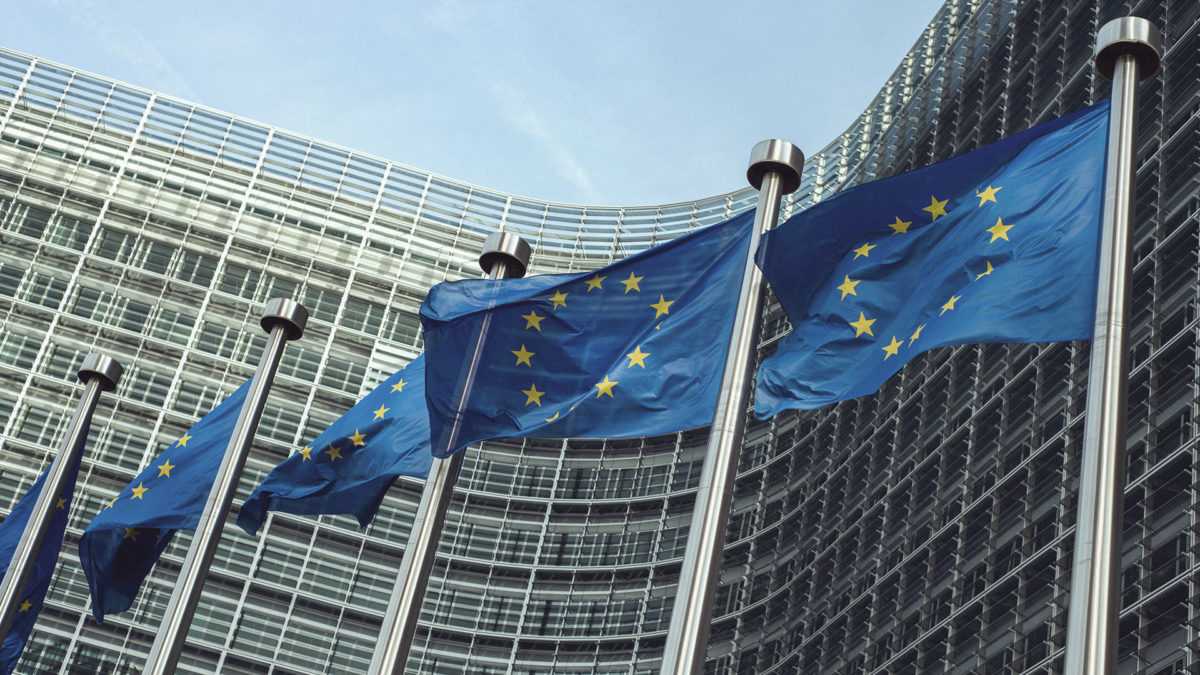EU research unit: a regulated crypto-asset sector could improve the bloc's economic outlook


A study by the European Parliamentary Research Service published Friday contended that the digitalization of assets could benefit the European Union's overall economy as digital finance continues to play an increasingly bigger role in the bloc's financial services.
The study focused on why the EU should hop on the crypto assets train, highlighting how the ongoing expansion of the crypto ecosystem is changing the preferences and usages amongst investors and consumers.
According to the report, broadening the crypto-assets market would facilitate digital financial innovation, increase high skill employment and promote more innovation and investment, which would open up more opportunities for businesses and startups.
"...[F]rom a macroeconomic perspective, the digitalisation of assets could also benefit the overall economy. The overall broadening of the crypto-assets market, which as mentioned above would go hand in hand with digital financial innovation, could increase high skill employment, innovation and investment," the report noted.
The report outlined the importance of establishing a "framework" for crypto assets markets that takes into account any risks that innovators and investors could face, like risks of market fragmentation and financial instability. It also touched on the importance of determining what constitutes a crypto asset and what rules apply to them.
"Some crypto-assets fall under existing EU legislation, but most of them do not. This can leave investors and consumers exposed to substantial risks," the report stated. "Giving the complexity and the rapidly evolving nature of crypto-assets, there is a need to continually assess existing legislation to check whether it can be effectively applied to this type of asset or if amendments or guidance are needed."
The report said this "high level of uncertainty and complexity" in a fast-evolving landscape can present lawmakers with a plethora of challenges when it comes to regulating crypto assets. The report highlighted three "pivotal" areas that will be key to the future development of crypto and digital finance in the bloc: (1) creating a framework to define crypto assets, (2) cyber reliance and (3) coming up with a data strategy to promote adoption of crypto assets.







